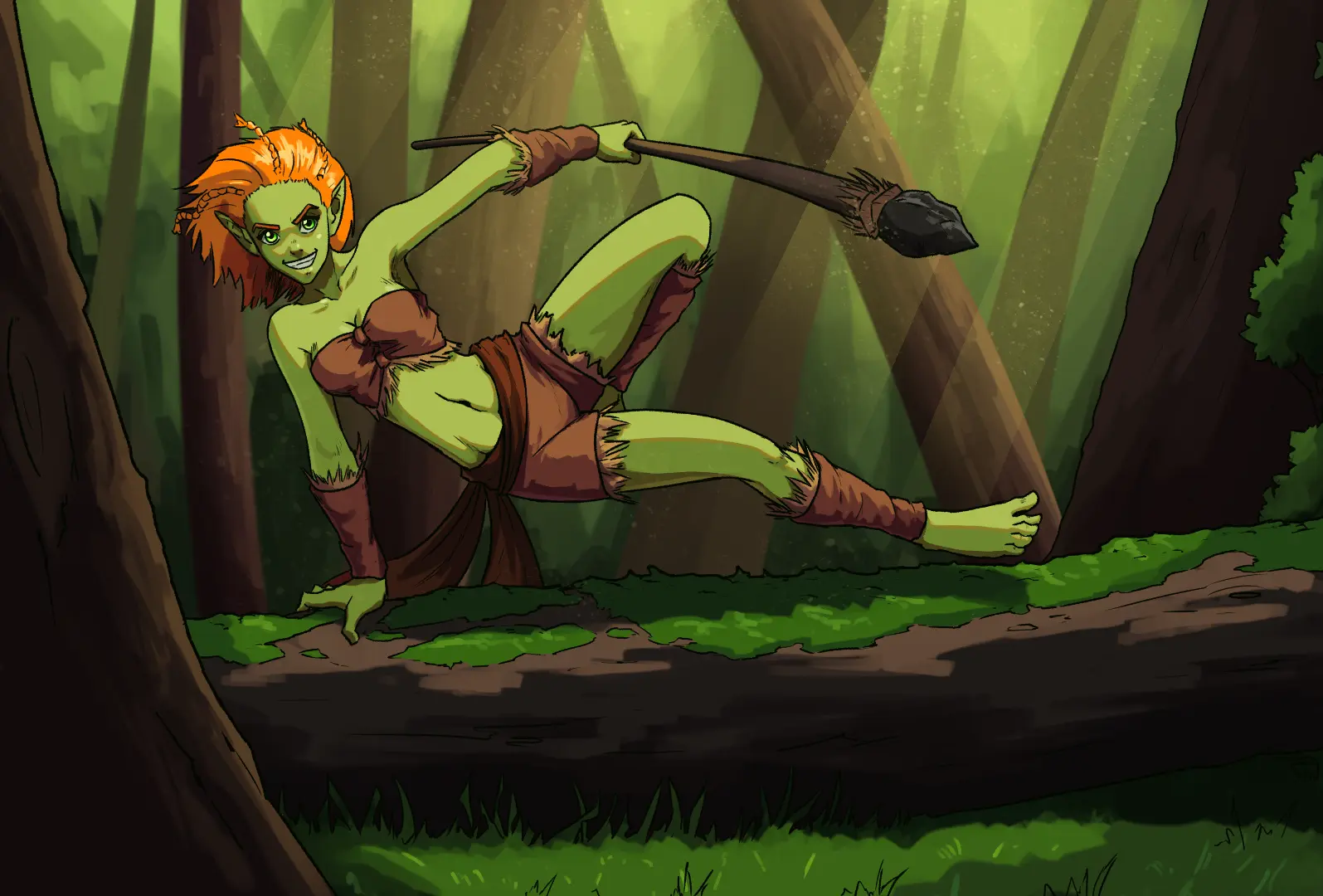Items

Items should be something special and interesting in Machines and Sorcery.
1. Simple items
Most items are not specifically noted in Machines and Sorcery. Simple items do not have any significant attributes that need to be noted.
If a warrior uses a sword, he only has to note that he has a sword. The same applies for all simple items. From weapons and tools to armour and clothing.
These items can affect actions in the game, such as the effectiveness of attacks or the difficulty of checks.
If a player has armour, this has a negative effect on the effectiveness of attacks against them.
If a player has a lock pick, "picking locks" samples become easier.
With a screwdriver, it becomes much easier for a player to open a screwed hatch.
2. Special items
Special items are all items that have special effects but are not magical. There can be various reasons for this. Perhaps a special mechanism is built in or a blade is particularly sharp, etc.
Examples would be a sword with a burning blade that needs to be filled with fuel or a pair of goggles that give the wearer vision in the dark, but need to be charged by turning a crank.
Special items can give bonuses to various things (e.g. a sword that does more damage with certain attacks). Their use can also provide the player with new skills. A simple welding machine then provides the skill "Welding machine 5". This can also be used to define what use the item has in the game.
There is no ready-made list of items. Game-masters can come up with their own items together with the players and create such a list. Players should not have too many special items, otherwise they will no longer be special.
A mechanical arm with an inbuilt firearm that needs to be reloaded after each shot.
A sword with a tip made of a special steel, which gives the sword additional piercing damage and makes it easier to pierce armour.
A backpack with mechanical wings that give the player the ability to fly, but which must be refilled with coal after 5 minutes.
A Special item card contains a description of the item and its effects.
3. Magic items
Each magic item contains a Yurei. This means that the magic crystal of a Yurei has been placed in the item.
A magic item can have various effects.
On the one hand, it is itself a magic crystal with a yurei inside. A character who touches this item can use it as if they were infected with a yurei (see Yurei). The item can thus enable the user to cast or enhance magic.
However, there is a risk of Yurei infestation when using a magical item to cast magic. The player also receives the level of the Yurei as mental damage when casting magic.
A magic item is often not recognisable as such. It is up to the player to find out which emotions the yurei in it needs and what magical affinity it has. They can also ask a mage to identify it.
A character can also activate the effects of a magical item subconsciously. Items can then be defined so that they have effect X when the character feels emotion Y. The effect and the emotion then imply which emotion the player needs and which affinity the item has. However, the player has to find out this information himself or be told.
A magical medallion at level 5 that uses love as an emotion and has an affinity for fire magic.
A level 6 sword that can freeze an opponent on hit if the user is afraid.
Level 3 armour that blocks attacks when the wearer is angry.
Such an item can fundamentally change a character's play style and give new tactical advantages and disadvantages.
This was the last section of the rulebook. You can now explore the world of Machines and Sorcery here
